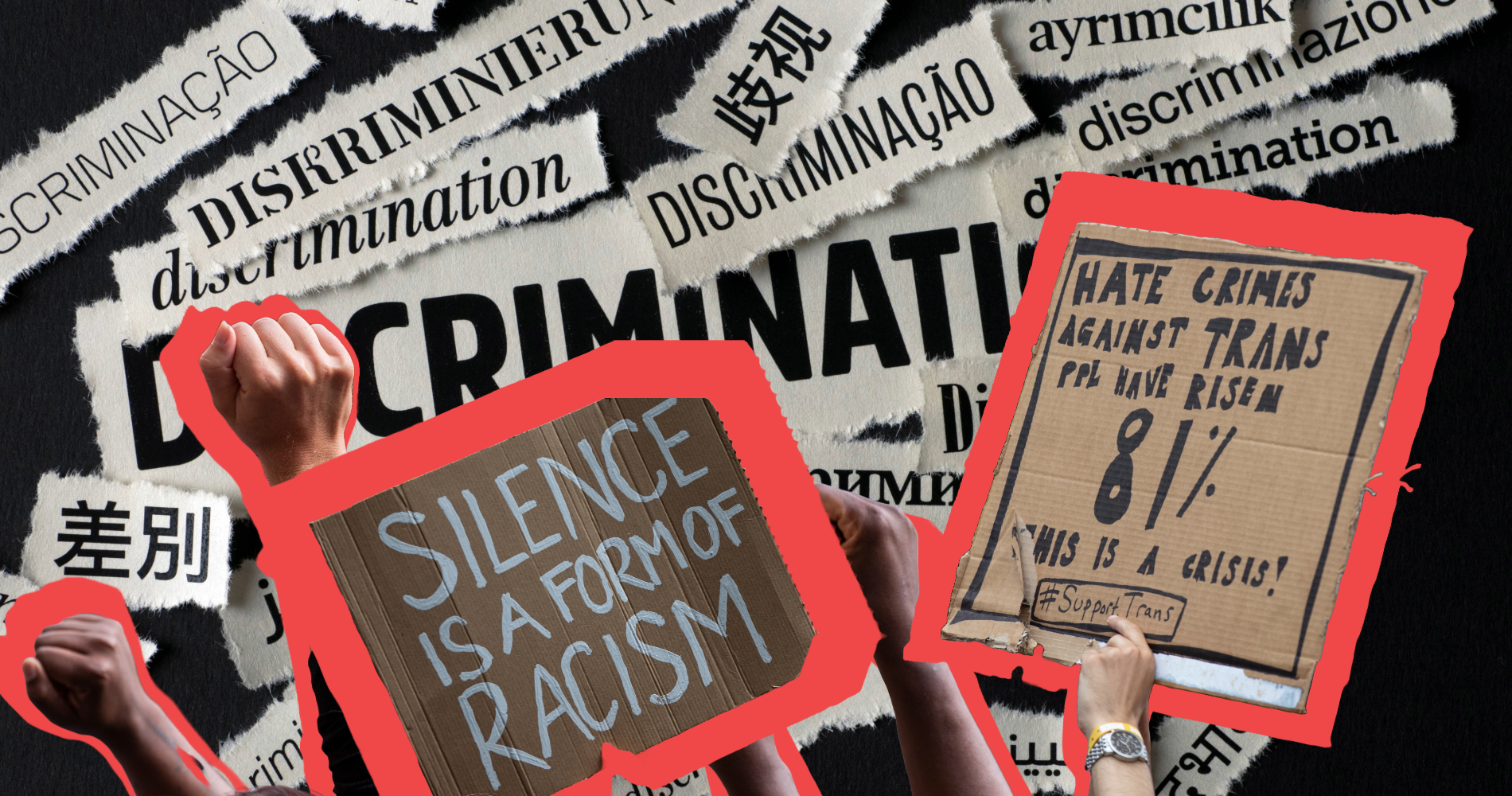The following text was originally published on David Moscrop’s Substack. It is republished here with permission.
I remember where I was on September 11th, 2001. I was in high school, in English class, when someone came in to tell our teacher the news. Later, in the halls, students were sharing updates and theories, and someone said the National Mall was on fire and I wondered why a shopping centre would be a target. I don’t remember when I learned what the National Mall is, but I know now.
When Donald Trump was shot, I was in my basement playing Minecraft and watching Superstore, hiding, as it happens, from the news. But the news finds you in this business, in this case by way of my partner coming down to let me know what had happened.
I did what so many others did after hearing about the attack. I scrolled the timeline on Twitter and posted, giving myself an extra five or ten seconds each before hitting ‘send tweet’—think before you speak and all that.
The next day, I started thinking about democracy and political violence, two subjects I’ve spent years studying. I’m a proponent of participatory and deliberative democracy. To believe in these approaches to self-government is to believe that people should take direct part in governance and that they ought to, as a rule, meet one another in good faith as moral and political equals who proceed to exchange reasons for and against this or that policy as they sort out how to live together.
In mainstream thinking about participatory and deliberative democracy, violence represents the breakdown of politics. There is a long and often righteous revolutionary tradition that is, let’s say, highly participatory. But I’m not talking about that here. I’m talking about doing politics within the confines of established democracies that may beg for radical change and the upending of unjust institutions and policies, but don’t call for violence or revolution.
Political violence tends to obliterate participatory politics in the context of established democratic states. Assassination attempts, terrorism, and shots at a coup, for instance, destabilise and invite a security backlash that can erode civil rights and lead to repression, including the stifling of legitimate dissent. They also bring about broader state violence. The post 9-11 response in the US is a good example of that, as the George W. Bush administration and Congress proved with the Patriot Act and two foreign wars.
The security state is often quick to use any moment to its advantage, such that whatever the origin and motives of those who commit political violence, soon everyone is paying for it—doubly so on the left and among groups who are typically stereotyped and targeted for policing and reprisal. When the Trump shooter turned out to be a white male and a registered Republican, many were, for lack of a better word, relieved. Had the shooter been foreign, Muslim, or left-wing, for instance, you can imagine what would have come next.
As I’ve argued before, US democracy is in serious and structural decline, which makes moments like this particularly dangerous. US presidents have been the target of assassins plenty of times in the past, but not since Lincoln was shot has the violence coincided with such a sensitive time for the republic. The country was already on edge, the threat of large-scale political violence palpable, the memory of the January 6th coup attempt fresh, the anxiety about the next election growing, the threat of dictatorship all too real.
Now, things are more dangerous, riskier, and more frightening. The risk of a spiralling into rapid collapse is greater as the moment heightens tensions and presents cynical opportunities for Republicans while scaring Democrats into submission.
The match is lit. Should there be more violence—and one deeply hopes there will not be—the match may quickly be the least of worries.
Our response to political violence in a democracy, and I say our because the phenomenon is not unique to the US, ought to be to double down on peaceful, if conflictual, democratic politics. Don’t let the use of “our” give the impression this is an equal, both sides challenge. The extreme right presents the foremost threat for political violence in the United States and Canada, but my broader point stands either way.
Saying our politics should be peaceful isn’t to say that our politics should be without conflict, though. Politics should be conflictual. It should be marked by disagreement, debate, argument, occasional harsh words, protest, labour action, and civil disobedience alongside deliberation, voting, legislatures, courts, and so forth. But tipping from conflict into political violence is the last thing we should want or tolerate.
This moment calls for a non-violent but conflictual politics balanced with democratic deliberation, driven by class-based and other social movements that mix electoral and street politics. We are struggling against the rise of authoritarianism, right wing extremism, crumbling institutions, the existential threat of climate change, an inadequate welfare state, and a free market that exploits workers and fails to meet our collective needs.
Conflict is necessary and unavoidable while working for justice, but violence won’t solve any of our problems and, indeed, will likely exacerbate them. This means that while we struggle for a better world, we must also commit to taking a peaceful path to get there.


